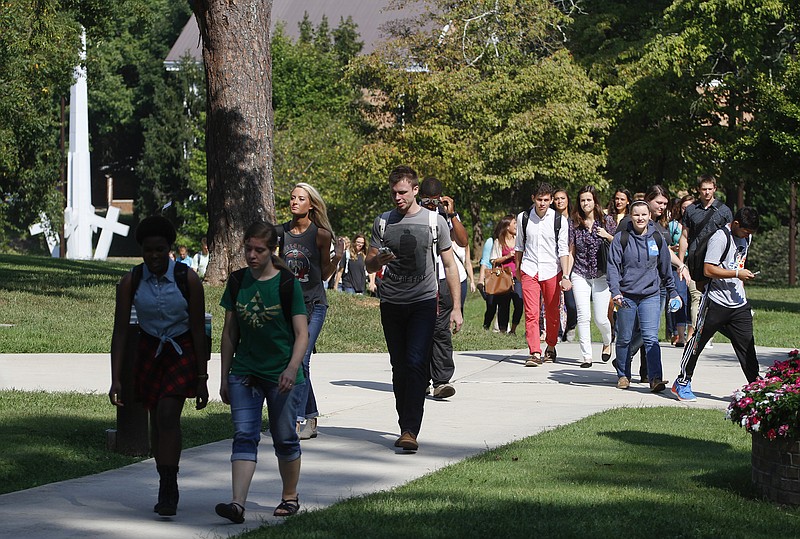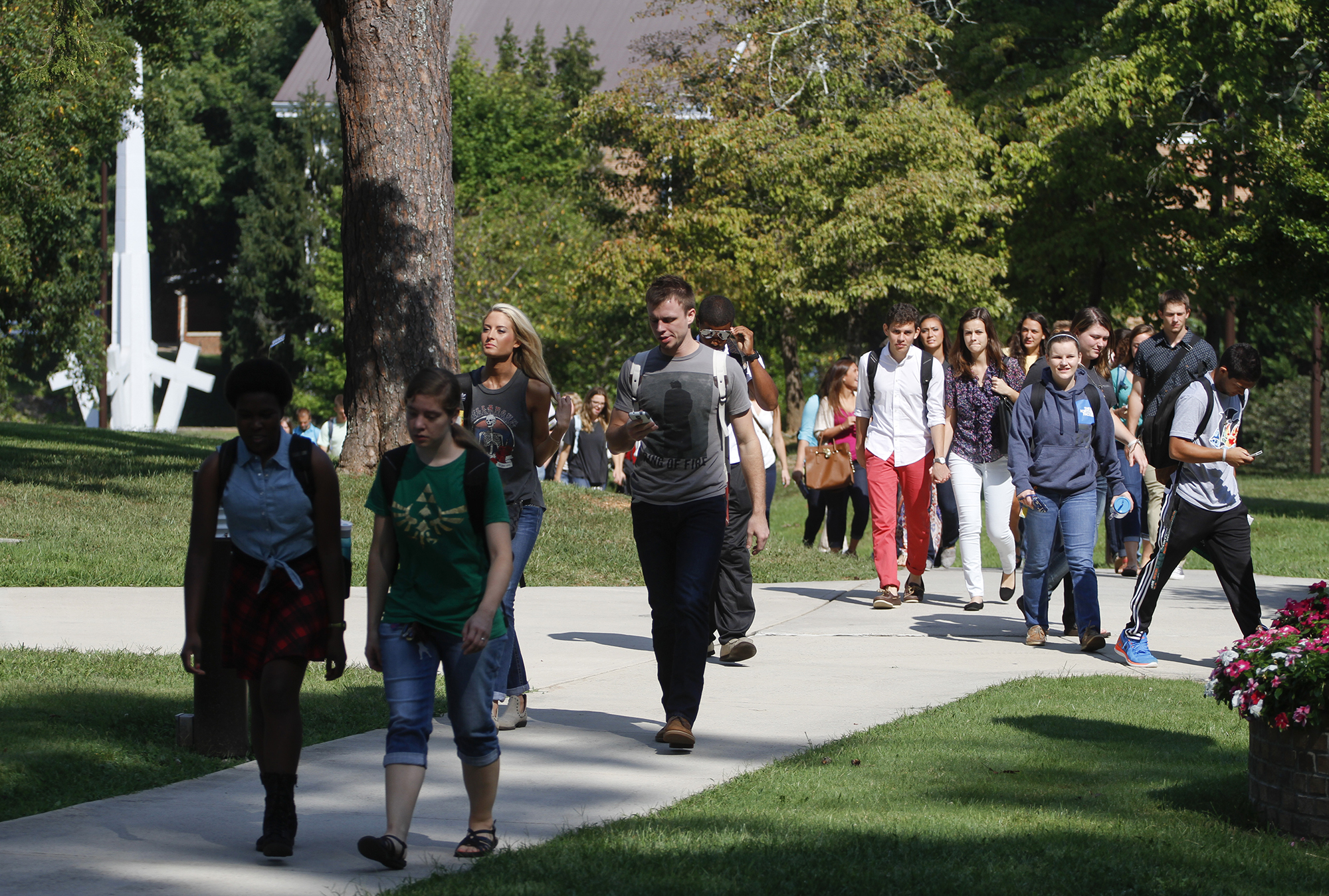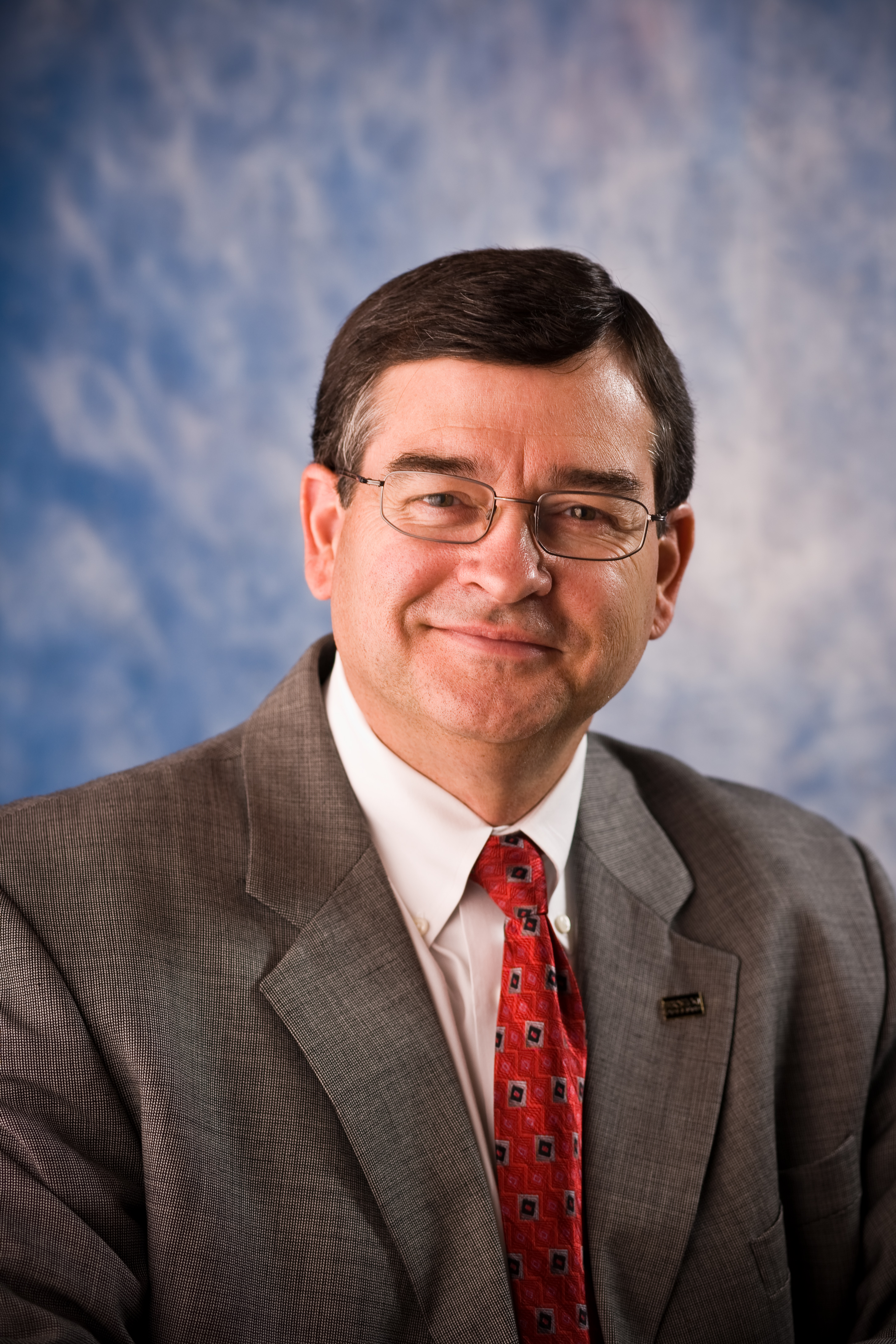Timeline:
' July 2012: A Bryan College bible professor is arrested in a Northwest Georgia child sex sting, and school administrators tell faculty he did not return to the school "to pursue other opportunities." ' Sept. 2012: Administrators spike a student's story exposing the arrest. ' Jan. 2013: President Stephen Livesay announces major budget cuts, after lower than-anticipated enrollment numbers' Spring 2013: Citing budget shortfalls, school administrators eliminate four faculty positions and athletic scholarships are reduced' February 2014: Administrators at Bryan College change its more-than-80-year-old statement of belief, restricting the view the school's professors can hold regarding creation.' February 2014: Bryan College's faculty pass an overwhelming vote of no confidence in President Stephen Livesay' May 2014: Two former Bryan College professors sued the school and asked for their jobs back after refusing to sign the new statement of belief.' May 2014: Bryan College cuts 20 staff members, more than a tenth of its full-time staff, blaming the cuts on dwindling enrollment.' July 2014: Five members of Bryan College's board of trustees resigned.' Oct. 2014: Bryan settles the lawsuit with two professors.
DAYTON, Tenn. - Two years after faculty and the president clashed over how a conservative Christian school should be run, some Bryan College professors say they once again feel unheard and disrespected.
Changes recently made by Bryan's administration to this year's Faculty-Administrative Guide make it nearly impossible to call a faculty meeting, some professors say. The new policy restricts how faculty can meet and discuss issues.
It shows the administration's disregard for professors' opinions and the truth, critics say.
"The policies are a shameful and foolish act of the administration's overreach," said professor Phil Lestmann, who has been teaching at the school for decades.
For years, the private Christian college in this town of 7,300 has faced controversy, much of it centered on decisions made by President Stephen Livesay. But despite two tumultuous years and a continually shrinking student body, Livesay has maintained a grasp on the helm, pushing out many who voice disagreement.
Faculty members believe the new policy is in response to their overwhelming vote of no confidence in Livesay that was taken in the spring of 2014. But the school's administration denies this, saying the new policy was written to add legitimacy to the faculty's meetings, if ones are called.
Previously a policy was not in place to outline the requirements faculty would need to use to call a meeting. Under this new policy, a faculty member is required to go through a seven-step process that includes approval from the Academic Council, a written rationale stating the purpose of the meeting and a waiting period of at least a week.
Scott Jaschik, an editor at Inside Higher Ed and a national expert on issues in higher education, said many colleges have varying degrees of faculty control and collaboration, but Bryan's policy is extreme.
"I have never heard of anything like this," Jaschik said. "Not all faculty [at colleges across the country] have the same influence, but I've never heard of anything this strict."
Jaschik said faculty roles are typically not controversial. In his experience, he said, it is not uncommon for a college's board of trustees to ignore a faculty's vote of no confidence in their president; but this policy takes that a step further by denying the faculty a reasonable voice, he said.
At any school, faculty do a lot in their individual classrooms, Jaschik said, "and they also play an important role by coming together to share their ideas and talk."
But Bryan's Vice President of Academics, Kevin Clauson, said the new policy is in no way restricting the faculty's freedom and is instead legitimizing their meetings.
"In examining our faculty administrative guide we discovered there was no policy at all before with regard to special faculty meetings, so there was really some question about the legitimacy of special faculty meetings," said Clauson, who was recently appointed by Livesay. "So now what we've done is put in place a procedure that actually legitimizes and brings some transparency and orderly process to the whole thing."
Clauson added that throughout the year faculty have the opportunity to participate in regularly scheduled faculty meetings and workshops, and this policy clearly details the way a special meeting can be called. He said this policy also provides the reason for the meeting to everyone, and gives all parties enough time to prepare a response.
As the policy is written in the current guidelines, a faculty member must receive unanimous approval to hold a meeting from the school's Academic Council, which is appointed by school administrators. This means it would take only one vote by an administrator to prevent a meeting from taking place.
But an email sent to professors on Friday by Clauson changed this requirement to the approval of three-fourths of the Academic Council.
Bryan College professor Whit Jones said he is glad the administration decided to slightly ease the faculty-meeting regulations, but he is still not content with the policy or the way it was drafted in secret.
"If a policy is strong there should not be a problem or fear of dialogue this no-meeting policy is about self-protection," Jones said. He continued, "the tendency to make decisions without advising faculty has been a hallmark of this administration."
Livesay did not return a request for comment for this story, and neither did several professors who have recently supported the president's decisions.
Students also are directly affected by a change quietly made in the new Faculty-Administrative Guide, as it increases the college's role of censorship in the student newspaper, The Triangle. Under the new policy, students no longer submit their articles to the Triangle's faculty advisor, but instead submit all their work to the department chairperson, who has 48 hours to review it prior to publication.
The department chairperson "must have prior review and have the ability to direct, countermand, change the specific products during the process of publication while also, in his or her ability, seek to kindly support and encourage all parties involved," the guideline states.
Clauson said this policy was expanded and censorship of the paper heightened in response to the U.S. Supreme Court's ruling on gay marriage.
He said the school is not worried students will write in favor of that decision or similar decisions made by the federal government, but that the school strongly opposes gay marriage and doesn't "want to disseminate that information widely."
"There are certain things about those issues that we really would have a problem with if they were to make it into the newspaper, our newspaper," Clauson said.
The Triangle's Editor-in-Chief Ashley Coker said she is frustrated decisions were made in secret about the publication and without consulting any students or the paper's faculty advisor. Coker said that since the new policy was announced Clauson has refused to meet with her to discuss the changes.
"I think adding another person to the [approval] process does nothing but slow it down, and is an unnecessary step," Coker said.
"And all the statements about obeying and honoring authority, that doesn't make me feel very hopeful" that school authorities allow articles they don't like to be published, she said.
Part of the new policy stated that all of the Triangle's archives older than six months would be "removed from hard copies or online versions of all student publication, in order to preserve the timeliness and value of the publication."
Of all the recent policy changes, that one drew the most attention and outrage, as many faculty, students and alumni felt the school was attempting to whitewash its controversial past by deleting past articles.
After a series of complaints, Clauson sent out an email to faculty and students Thursday saying he requested that the stories from previous academic years be archived on The Triangle's website, and still be accessible.
Professor Jones said, "I think that the administration revoked the policy of destroying student publications' articles because feedback from students, faculty, and alumni helped it realize that such a policy would have disastrous effects on student morale and recruitment and on alumni relations."
He continued to say that faculty members who do not agree with Livesay have few places to turn beside the media because the "board does not seem to intervene or provide guidance."
Four board members resigned in July 2014, saying that they didn't agree with Livesay's leadership of the school. The remaining 12 members have historically supported and defended the president.
Board Chairwoman Delana Bice and Vice Chairman Wayne Cropp did not respond to requests for comment on Friday.
Many faculty members say they remain at the school, despite their disrespect for the leadership, because of the students and the rich history Bryan College was built upon.
And students agree.
The discord between faculty and the administration rarely seeps through closed office doors. Last week the campus was alive with students studying on the quad and laughing in the cafeteria. Students walked in pairs to classes, and athletes joked with each other about upcoming practice.
Freshman Krista Reinhardt sat on a back patio Thursday overlooking the mountains, and said the stories she heard about Bryan's past are just that - the past.
"I love this place; there is no school I'd rather be at," Reinhardt said. "It's a great environment and I didn't think I'd grow as much as I have."
Reinhardt's older sister and brother-in-law attended Bryan during the period of the faculty's vote of no confidence and the series of faculty layoffs. She said from hearing their stories she knows how difficult a time that was for the school, but it feels like a different, calmer place now.
Senior Regan Rhinehart said it was difficult to be a student two years ago when so many beloved professors left the school, but during that time she watched professors work even harder to care for their students and fill the gaps of those who left.
"Over the past four years I've seen the faculty dedicate even more to us students," she said.
Rhinehart said she was unaware that there were new faculty policies, or if they were affecting some of her professors.
"Their focus just always seem to be on us," she said. "They care a lot."
Contact staff writer Kendi Anderson at kendi.anderson@timesfreepress.com or 423-757-6592.


